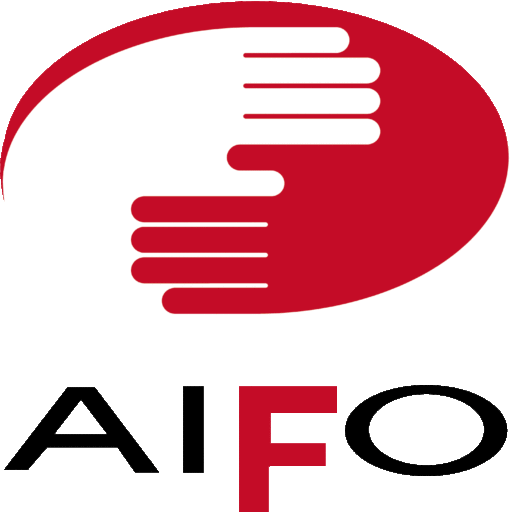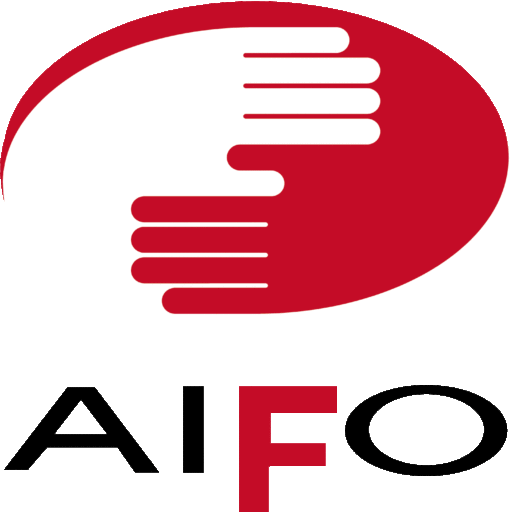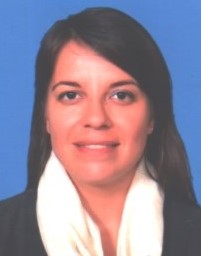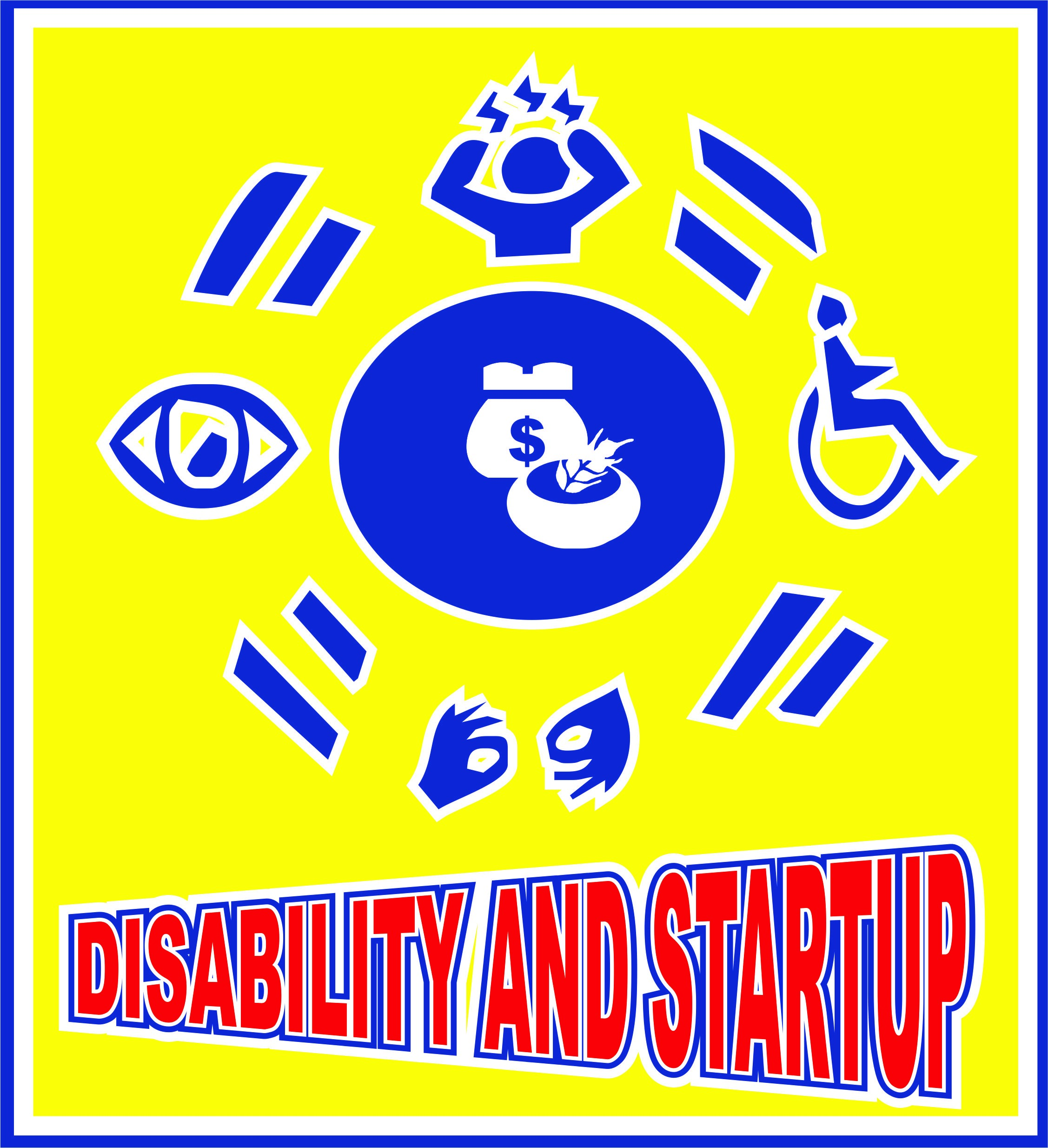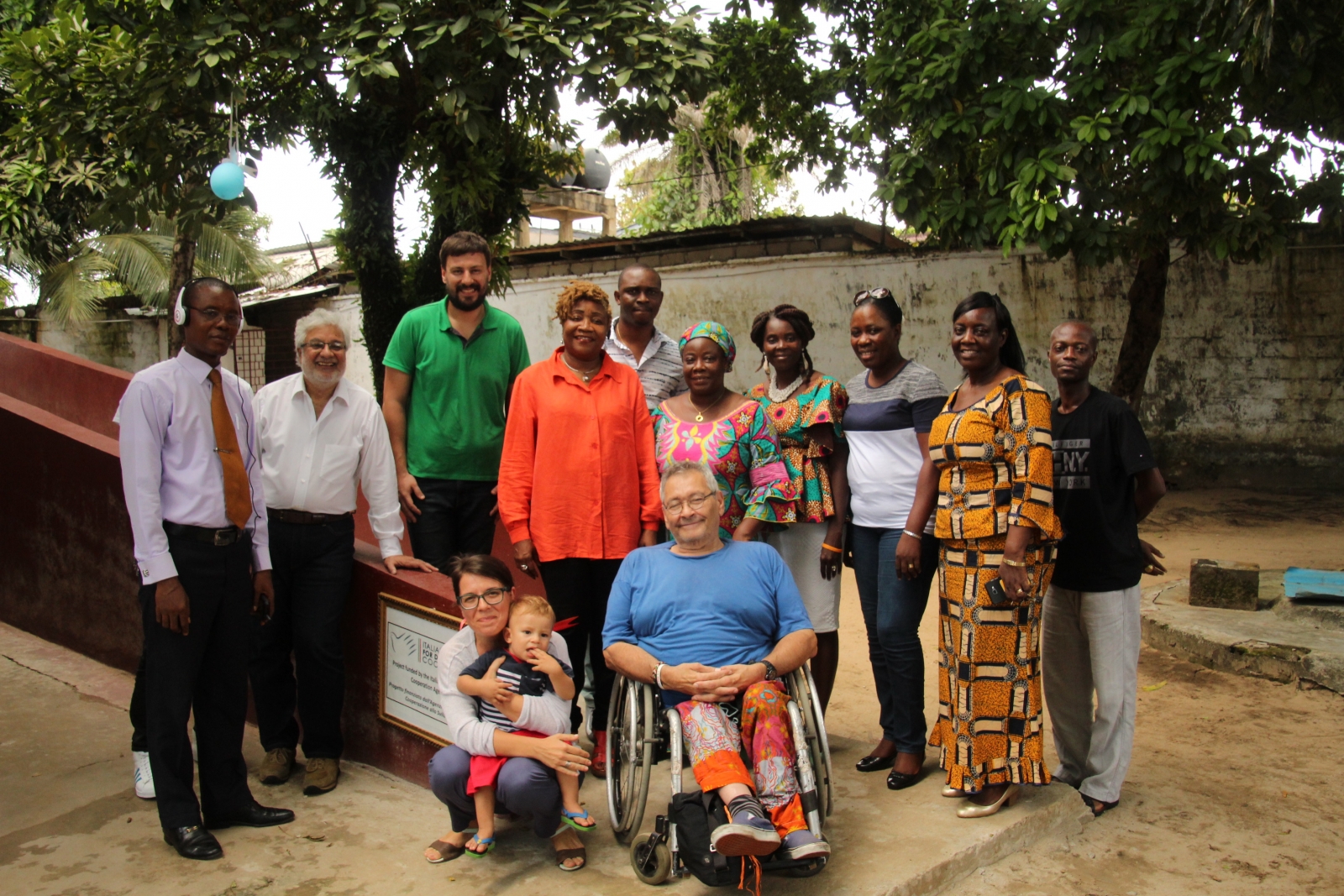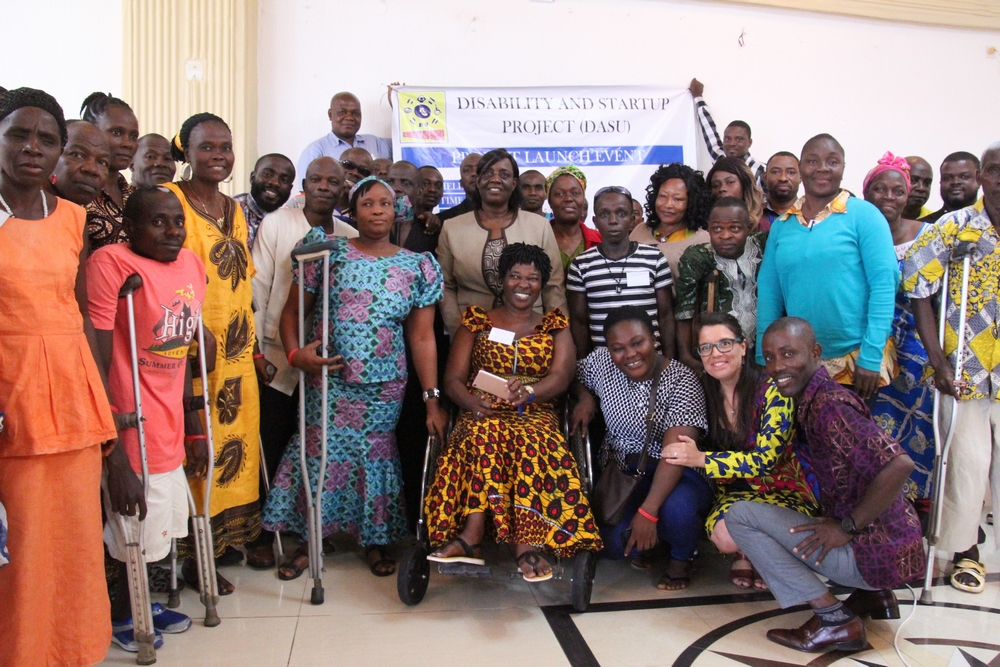December 3rd, 2018
Distinguished representatives of the Government and diplomatic missions, Esteemed officials and staff of NUOD, NCD and Disabled People Organizations, Fellow colleagues from the Development Community and Intergovernmental organizations, Members of the Media, Persons with Disabilities, Distinguished Ladies and Gentlemen. Thank you for giving me the chance to speak with you today.
It is a great honor for me to address you on this important occasion to mark world disability day 2018.
Today is the 26th celebration recurring every year on December 3rd, of the International Day of People with Disabilities. Today, all over the world, Governments, Civil Society Organizations and Disabled People Organizations come together to celebrate abilities of people with disabilities. For the past 26th years, the celebration of this day has been an important tool in promoting the rights of people with disabilities.
The special occasion is important because it’s when all participants are required to jointly define the prospective of people with disabilities in the coming year. So, I’m very pleased that today, is the Ministry of Gender Children and Social Protection, the National Commission on Disability and the National Union of Organisations of the Disabled who are bringing us here to celebrate the International Day of Persons with Disabilities under the national motto ‘’Creating a Level Playing Field for the Empowerment of PWDs’’.
The national motto echoes this year’s global theme which is “Empowering persons with disabilities and ensuring inclusiveness and equality”. This theme focuses on empowering persons with disabilities for the inclusive, equitable and sustainable development goals that are envisaged in the 2030 Agenda for Sustainable Development, pledging to “leave no one behind”. It is critical, therefore, to ensure the full and equitable participation of persons with disabilities in all spheres of society and to create environments which enable such participation.
It is in this regard that the Liberian National Motto of ‘’Creating a Level Playing Field for the Empowerment of PWDs’’ goes beyond the global theme, by focusing its attention on the need of “creating equitable opportunities” for Persons with Disabilities; to articulate, claim, act upon and enjoy the rights they are entitled to. Creating equitable opportunities, or a Level Playing Field, talks of an equitable society; a society which gives people what they need to enjoy full, participative, contributing and healthy lives. Equity, as opposed to equality, recognize that not everyone in society starts from the same place, as well as that peoples’ needs are different. This will be the flavour of my speech today.
A total of 187 State parties have ratified the Convention on the Rights of Persons with Disabilities (CRPD) – including Liberia, but as we know, the condition and position of persons with disabilities is lagging where policies have otherwise excelled.
As a tool, the international day for persons with disabilities, should not only be about celebration, but an opportunity for us to compel the government to move from policy statements into application, and enforcement of laws to redress the discrimination which Liberians with disabilities face throughout our community.
As we speak, in New York, the UN Secretary-General Antonio Guterres, is launching the first-ever flagship report on disability and urban development, the “UN HABITAT Flagship Report on Disability and Development | 2018 – Realizing the SDGs by, for and with persons with disabilities”.
The flagship report explores the relationship between SDG 11- Making cities and human settlements inclusive, safe, resilient and sustainable, – and disability.
It addresses the question:
How do we make cities and human settlements inclusive, safe, resilient and sustainable for persons with disabilities?
More than half of the world’s population now live in urban areas. Liberia does not differ, with 48.9% of its population living in urban settlements (ReliefWeb, 2015), which include Monrovia but also other large towns in the country. Disability-based discrimination has had a particular severe effect on issues related to cities, such as “housing, transport, cultural life, and access to public places and services”.
A level playing field cannot be achieved without significantly transforming the way large spaces are built, managed and enjoyed.
Therefore, I would like us to concentrate on the really important role that Local Government plays in the lives of all Liberians.
The Liberian Local Government Act, passed into law in September this year, affirms the commitment of the Government to further provide equal opportunity for all of its citizens to engage in the governance of the state through the devolution of administrative, fiscal and political powers from the national government to local governments.
Local government can make a huge difference in the lives of Liberians with disabilities. Local authorities affect the way we go about our day to day activities: in the way which streets and footpaths are designed, built and kept free of obstructions, in the way local public services are made accessible to the citizenry, in the way they ensure participation of Persons with Disabilities in council sittings. Local government institutions in Liberia should be made responsible for enforcing the UNCRPD at the community level.
In a related context, I want to talk to you about the organization I’m representing here today.
The Alliance on Disability was established in 2010 with a vision to create a Liberia free of barriers for Persons with Disabilities. To date, the Alliance has been instrumental in bringing all partners advocating, working and actively engaging in the application of the CRPD, together, to join forces and act in unity. Indeed, unity is one of the value most revered by the Alliance which is greatly contributing to the harmonious and cohesive action of the various sectors of the disability community since its establishment. Some of the Alliance achievements are remarkable, such as the depositing of the ratified CRPD with the United Nations in New York, in June 2012. More recently, the Alliance has been a key actor in the development and validation of the National Action Plan for the Inclusion of Persons with Disability which is awaiting official launching from the GOL in order to move from formulation to actual implementation.
But the Alliance can achieve much more and thinking big is thinking positive. In line with the national motto and in consideration of the report on urban development and disability, the Alliance is preparing an ambitious plan of action for 2019 and is looking for passionate and dedicated funders whose confidence in our work will inspire and motivate us to achieve even further.
Some of the initiatives in our plan include the development of an advocacy plan to yield the ratification of the Optional Protocol, as well as fostering the implementation and monitoring of the National Action Plan. Additionally, we are working on the development of thematic trainings targeting Local authorities – to practically support them establishing mechanisms for the enforcement of the CRPD at community level, as well as the media – to fairly and respectfully depict as well as enhance the cause for a more inclusive society in Liberia.
In a recent training organised by AIFO Liberia, 9 Disabled People Organisations in the country affirmed that Local Authorities do not have the correct knowledge on matters related to disability. How do we expect them to create a level playing field, if the matter is unknown to them?
In conclusion, for 2019, we urge the Ministry of Gender, Children and Social Protection, NCD and NUOD to:
- Promote initiatives addressing the rights of persons with disabilities in the counties and at local level
- Engage with local media and provide them guidelines on effective communication
- Constitute County Advocacy Committees to support actions at local level
- Identify local and municipal authorities’ plan of action concerning disability and, in their absence, advocate for their development
- Map stakeholders involved in human rights protection, with the objective of developing local and national advocacy alliances
- Partner with civil engineering and architecture faculties and courses in the country to raise awareness and develop Standards for buildings’ accessibility
People with disabilities are agents of their own destiny, seeking an equal place in the Liberian Society. Ensuring a level playing field is the pre-requisite to their participation and enjoyment.
I wish a most successful day and that all participants have a most enjoyable and informative experience.
Thanks for the chance to speak with you today.
